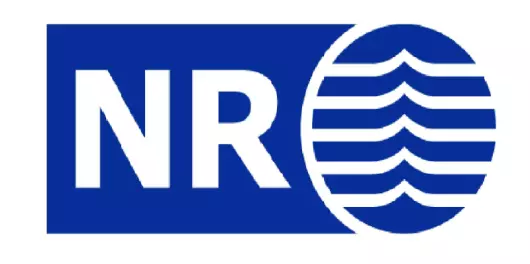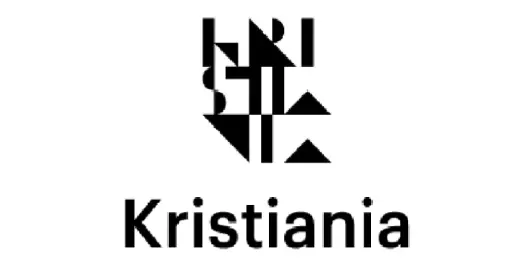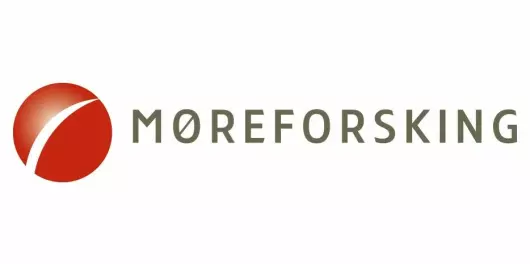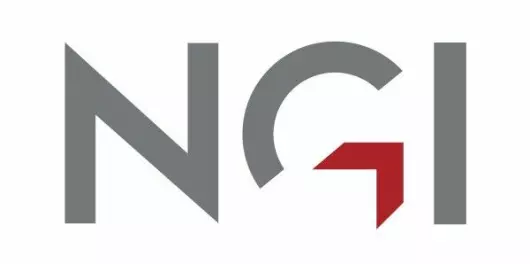Ledig stilling på Universitetet i Oslo
Blindern og Urbygningen (Foto: Wikimedia og Colourbox)
Postdoctoral Research Fellow in Micro- and Nanoscale Deformation of Geological Materials
Deadline: 15.12.2021
Universitetet i Oslo
The University of Oslo is Norway’s oldest and highest rated institution of research and education with 28 000 students and 7000 employees. Its broad range of academic disciplines and internationally esteemed research communities make UiO an important contributor to society.
Njord is a cross-disciplinary Geology-Physics center hosted by the Faculty of Mathematics and Natural Sciences at the University of Oslo.
We focus on the fundamental physics of geological processes related to: transport and reactions in deformable porous media, fracturing and fragmentation processes, interface dynamics during geophysical flows, and intermittency and pattern formation in geological systems far from equilibrium.
We conduct research on earth systems that range in scale from atoms to continents and apply methods where fieldwork, numerical modelling, experiments and theory act in concert.
The center includes the Oslo-branch of PoreLab, which is a Center of Excellence (CoE), and the former CoE, Physics of Geological Processes (PGP). There are 13 professors and associate professors at the center, in addition to doctoral research fellows, postdoctoral fellows, researchers and technical and administrative staff – in total about 65 persons.
Job description
Applicants are invited for a 2-year position as Postdoctoral Research Fellow in Micro- and Nanoscale Deformation of Geological Materials to be based at the Njord Centre, Department of Geosciences and Department of Physics.
The appointment is a fulltime position and is made for a period of two years.
No one can be appointed for more than one Postdoctoral Fellow period at the University of Oslo.
More about the position
The postdoc will investigate transient high-stress deformation in the lower crust associated with the earthquake cycle. Field-based studies establish that lower crustal seismicity is generally linked to brittle failure of dry, strong rocks under fluid-absent conditions. This implies build-up of differential stresses to GPa levels. The end goal of this project is to determine if the rock microstructure can preserve a record of the up-to-GPa-level stresses required for earthquake generation in the lower crust. To answer this question, the postdoc will employ high-resolution microstructural analyses (e.g., HR-EBSD), nano-indentation experiments, and modelling, to identify the signature and estimate the magnitude of transient high stresses. Measurements of residual stresses with HR-EBSD will be integrated with mechanical tests and models, and the cumulative dataset will shed light on the origin of local stress heterogeneities in fault rocks and on their links to the earthquake cycle. The postholder will have the opportunity to focus on one or more of the main research methodologies employed, depending on her/his background and research plans.
The position is funded by Njord, a cross-disciplinary Centre for Studies of the Physics of the Earth at UiO, and the project is run in collaboration with Luca Menegon, Luiza Angheluta, François Renard, Bjørn Jamtveit and Kristina Dunkel (UiO) and David Wallis (University of Cambridge). The project will make use of microbeam analytical techniques (including HR-EBSD) at the Goldschmidt Lab at UiO, a recently established Norwegian national infrastructure for the advanced characterization of solid Earth material, as well as of the new nano-indentation laboratory installed at UiO.
The postholder will be encouraged to develop a leadership role within the project, present internal progress reports, present and discuss results at national and international conferences, write up findings for publication in peer-reviewed journals, and suggest planning for further work. In addition, the postholder will have the opportunity to engage with outreach activities aimed at creating high[1]quality educational content (e.g., videos, websites) on the subject of earthquakes and rock deformation.
Qualification requirements
The Faculty of Mathematics and Natural Sciences has a strategic ambition to be among Europe’s leading communities for research, education and innovation. Candidates for these fellowships will be selected in accordance with this, and is expected to be in the upper segment of their class with respect to academic credentials.
- Applicants must hold a degree equivalent to a Norwegian doctoral degree in Earth Sciences. Doctoral dissertation must be submitted for evaluation by the closing date. Appointment is dependent on the public defence of the doctoral thesis being approved.
- Fluent oral and written communication skills in English.
The following qualifications will count in the assessment of the applicants:
Essential:
- strong background in structural geology and microstructural analysis of deformed rocks.
- proven experience with microbeam analytical techniques, in particular with the SEM and EBSD.
- proven ability to present and discuss results at national and international conferences, and to write up findings for publication in peer-reviewed journals.
Desirable:
- programming skills (e.g. MatLab, Python).
- experience with experimental rock deformation.
- experience with numerical modelling of deformation/tectonic processes.
- experience with petrology and thermodynamic modelling of phase equilibria.
Personal skills
- Teamwork skills, as well as the ability to work independently
- Enthusiasm, personal drive, and ability to take initiative
- Management and organizational skills
- Attention to details
- Flexibility, ability to handle pressure and meet deadlines
We offer
- Salary NOK 534 400 – 615 800 per annum depending on qualifications in position as Postdoctoral Research Fellow (position code 1352)
- A professionally stimulating working environment
- Vibrant international academic environment
- Postdoctoral development programmes
- Attractive welfare benefits and a generous pension agreement, in addition to Oslo’s family friendly environment with its rich opportunities for culture and outdoor activities
How to apply
The application must include:
- cover letter (statement of motivation, summarizing scientific work and research interest)
- CV (summarizing education, positions, pedagogical experience, administrative experience and other qualifying activity)
- copies of educational certificates (academic transcripts only)
- a complete list of publications
- up to five academic works that the applicant wishes to be considered
- list of reference persons: 2-3 references (name, relation to candidate, e-mail and phone number)
The application with attachments must be delivered in our electronic recruiting system. Foreign applicants are advised to attach an explanation of their University's grading system. Please note that all documents should be in English (or a Scandinavian language).
In assessing the applications, special emphasis will be placed on the documented, academic qualifications, the project description (whenever this is required in the call for applicants), and the quality of the project as well as the candidates motivation and personal suitability. Interviews with the best qualified candidates will be arranged.
Formal regulations
Please see the guidelines and regulations for appointments to Postdoctoral fellowships at the University of Oslo.
According to the Norwegian Freedom of Information Act (Offentleglova) information about the applicant may be included in the public applicant list, also in cases where the applicant has requested non-disclosure.
The University of Oslo has an agreement for all employees, aiming to secure rights to research results etc.
The University of Oslo aims to achieve a balanced gender composition in the workforce and to recruit people with ethnic minority backgrounds.
Contact information
For technical questions regarding the recruitment system, please contact HR Adviser Elin Thoresen, e-mail: elin.thoresen@mn.uio.no, phone +47 22 85 71 96.
Apply for position














